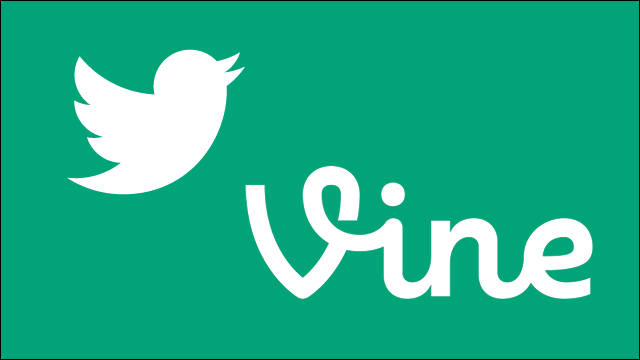by Diane Holmes, (a) Chief Alchemist of Pitch University, (b) lover of learning, and (c) writer of fiction, non-fiction, and the occasional manifesto.
WEBSITE MYTH #5: A website creates a professional image for you and your writing.
REALITY: Have you seen some of those writer-sites out there?
They actually decrease the professional image of the author. They are anti-advertising, the kryptonite of self-promotion. They are a very fine example of shooting yourself in the foot.
Design badness.
Content badness.
Marketing badness.
As Jane over at DearAuthor says, in her article What Every Author’s Website Should Contain
Let me say that like the writing, the quality of the website/blog varies a great deal from very amateurish to very professional. I’ve seen very good websites for bad authors and very bad websites for good authors.
Thank Goodness! A Disclaimer.
When writers are told to have a website for instant professional cred, there’s a whole disclaimer that is left out, and it is thus:
#1 Websites only increase you professional quotient if (A) the design and (B) the written content are….
- well-done,
- easy to use,
- engaging, and
- focused specifically on meeting your specific visitor’s immediate needs and taking key action
#2 You’re probably not the best judge of any of this, even though you are a writer.
#3 Excelling at A and B, if the results mis-represent you or your writing, will do you no good at all. (Especially if you’re misrepresenting quality.)
#4 Failing at A and/or B can generate negative word-of-mouth that starts with the voice inside the visitor’s head. That negative feeling becomes your Brand. Your reputation suddenly is dirt. Don’t be dirt. No one wants that.
So, do it right. That’s the message.
There’s a whole lot that goes into sites being well-done, easy to use, engaging, focused on meeting needs, and taking action. In fact, there are whole fields of study, like usability, marketing, branding, engagement, authority-building, relationship creation, voice, etc.
And don’t forget the professional practices, standards of all that pesky the technology. (And a special shout-out to making it all accessible.)
I Dare You…
To read something really helpful on the whole professional website thang, read Jim Yu’s 5 Pillars of a Successful Modern Web Design.
And what about marketing and writing content? Try Skip Besthoff’s Improve Your Website Content’s Quality: 5 Ways to Drive High Performance.
TO BE CONTINUED.
—
![clip_image001[4] clip_image001[4]](http://freelance-zone.com/blog/wp-content/uploads/2012/11/clip_image0014.jpg) Diane writes two columns for Freelance-Zone: (1)Fiction-Zone: Leaps in Fiction Mastery and (2) Marketing-Zone:Marketing Yourself and Your Writing.
Diane writes two columns for Freelance-Zone: (1)Fiction-Zone: Leaps in Fiction Mastery and (2) Marketing-Zone:Marketing Yourself and Your Writing.







